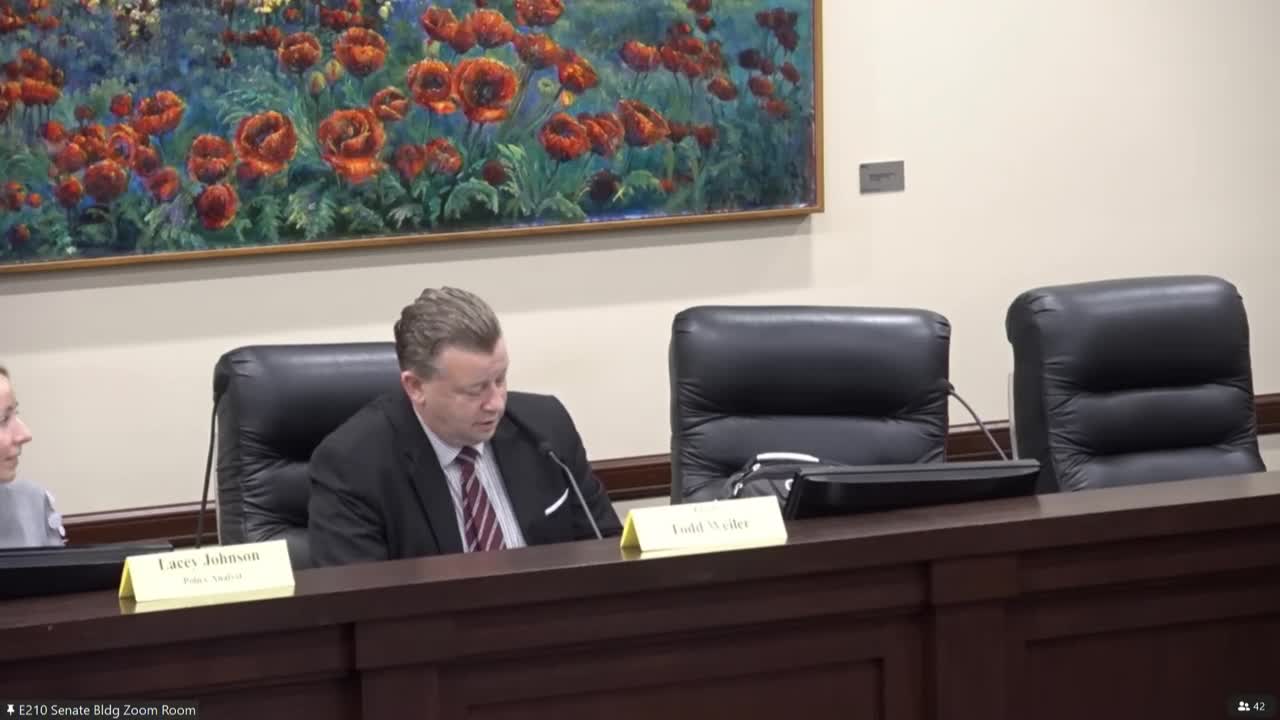Article not found
This article is no longer available. But don't worry—we've gathered other articles that discuss the same topic.
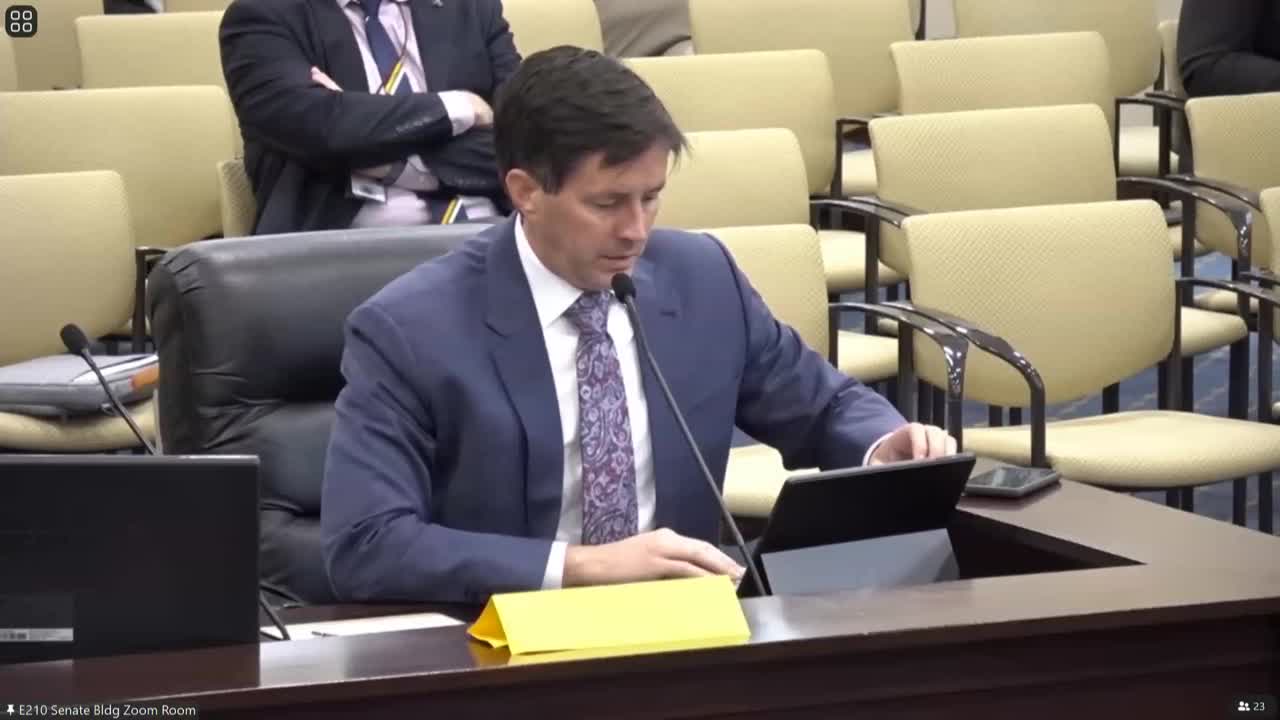
Committee forwards bill raising liability standard for ethylene oxide exposure claims after divided vote
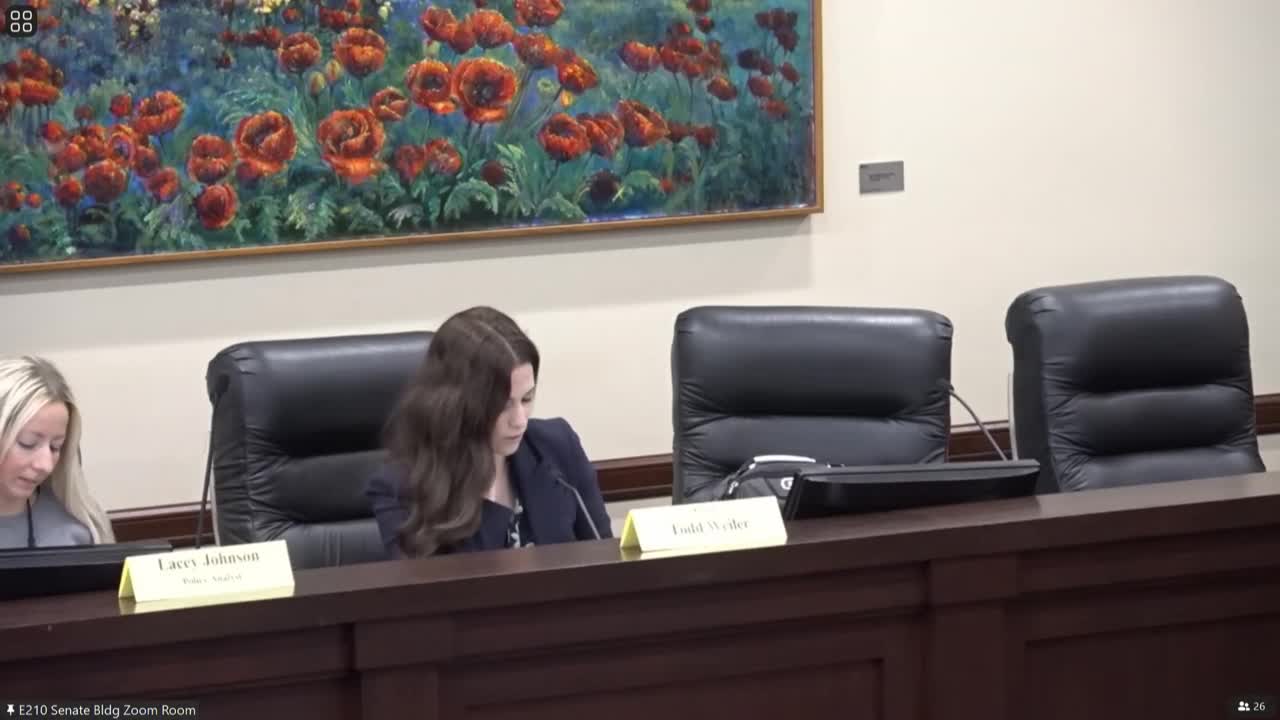
Committee advances bill to require copying and return of seized personal computers within 30 days
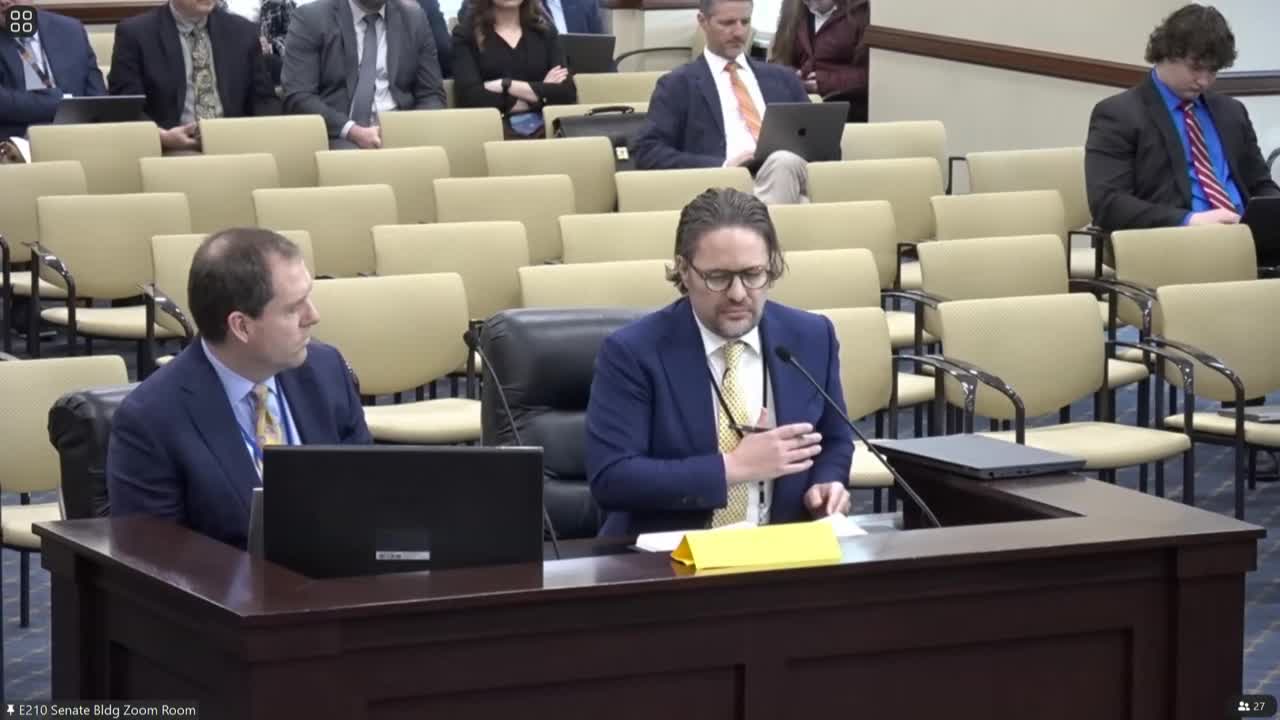
Committee approves bill to require jails to give defendants private access to digital evidence
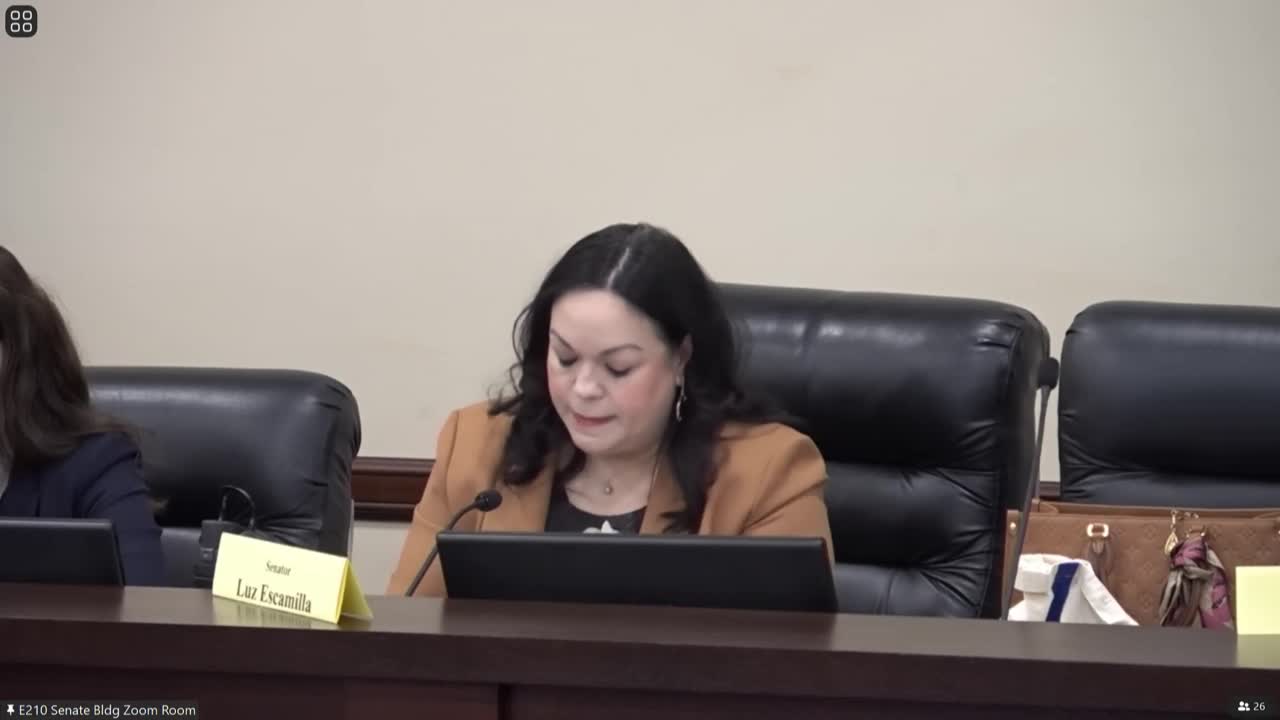
Panel advances bill widening eligibility for community service instead of fines to some felony convictions
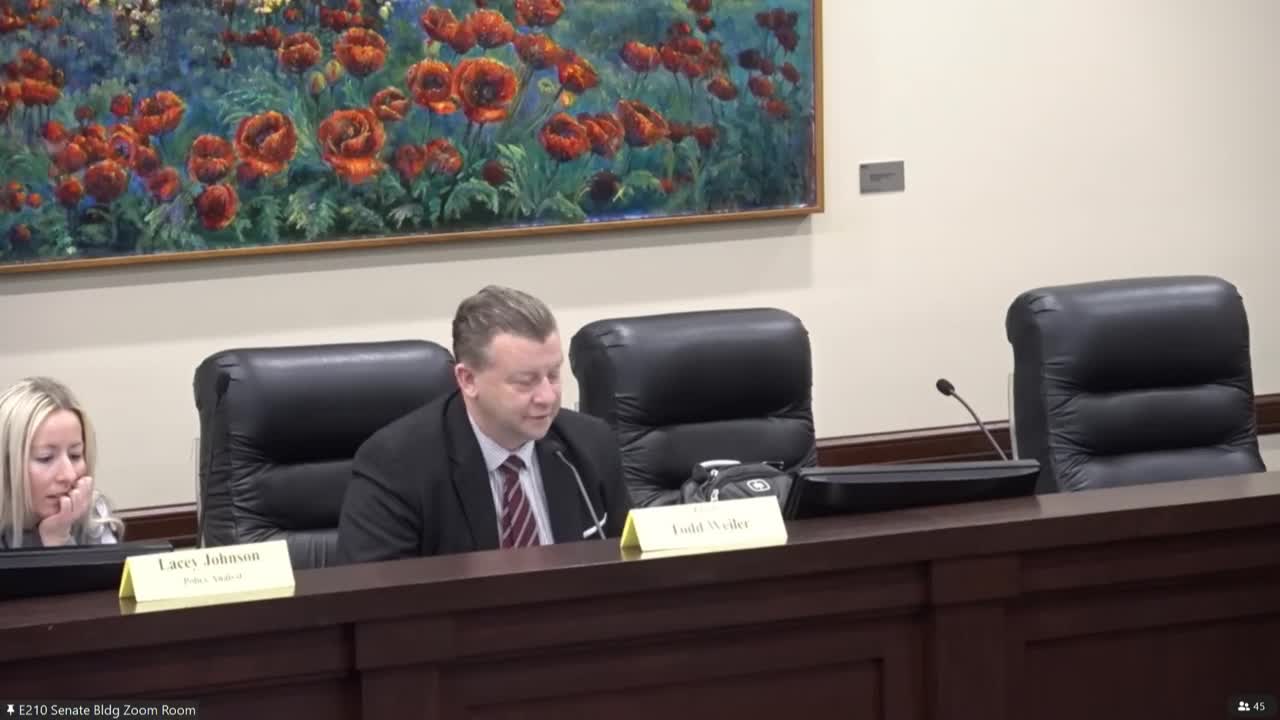
Committee approves expedited review for auditor privilege disputes; sponsors, auditors and AG spar over process
